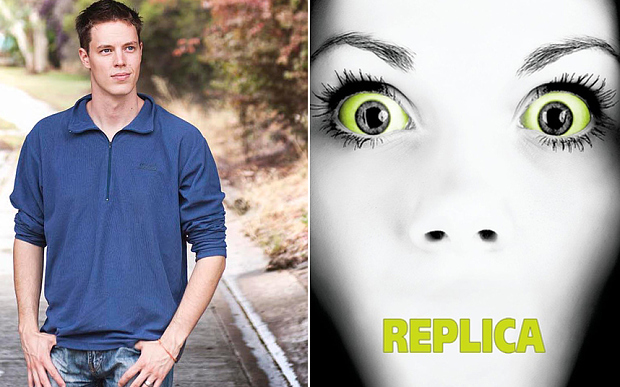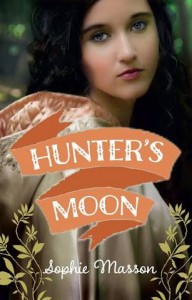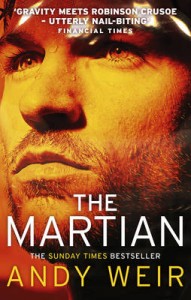There are some books where writing too much in a review can spoil even the beginning of a novel. You could think here of the Book Thief, the Life of Pi and the Boy in the Striped Pyjamas (which was even published without a blurb). Replica is another title, where too much information early on would spoil the twists and turns the story takes.
That said, it can be revealed that Jack Heath’s tale is one that will grip you, and have you guessing about what is real, and where the next twist in the tale might happen. Indeed, the main character, Chloe, spends a lot of time trying to understand who she is, what her role in life might be, and what sort of dangers her family and friends might be facing:
Chloe wakes up to find all her memories have been wiped. And the only person who knows what happened is a teenage girl who looks and sounds exactly like her. [Source: http://jackheath.com.au/replica/]
As more is revealed about where Chloe is and who she is dealing with, challenges arise in the story. Will the replica be able to fool her family? Friends at school? Will that protect Chloe and her family?
There are many questions to be answered, and changing circumstances to be overcome, as our heroine makes choices in how to act and who to trust. (Great to have an active female protagonist too!) The action in the story is fast and furious, creating a page-turner where you struggle to be able to place all the pieces togther. (Can you guess some of the twists and turns ahead?)
Cleverly scripted, Replica is another book from Jack Heath, who rose to fame as a young author. Having started writing The Lab when he was 13 years old, he was given a publishing contract at the age of 18. Other titles which followed, Remote Control, Money Run and his latest titles, the Cut Out and 300 Minutes of Danger are all action-packed thrillers for young adults, and always eagerly awaited by his followers.
Jack is an author who likes to share his love for reading and writing and has many videos to promote this. In this interview from 2012, he speaks a lot about his ideas for writing, how he does it, and why. His compulsion to write and his ideas leading up to the writing of Replica, a book set in Canberra about a robot who is pretending to be a human being… are interesting to hear, especially after the release of Replica:
https://www.youtube.com/watch?v=5_19zskzVvo
Jack Heath: “Writing is what keeps me happy. (I’m) Just a guy who’s interested in stuff”.
Aren’t we lucky he is? What ideas can you pick up from this interview?




